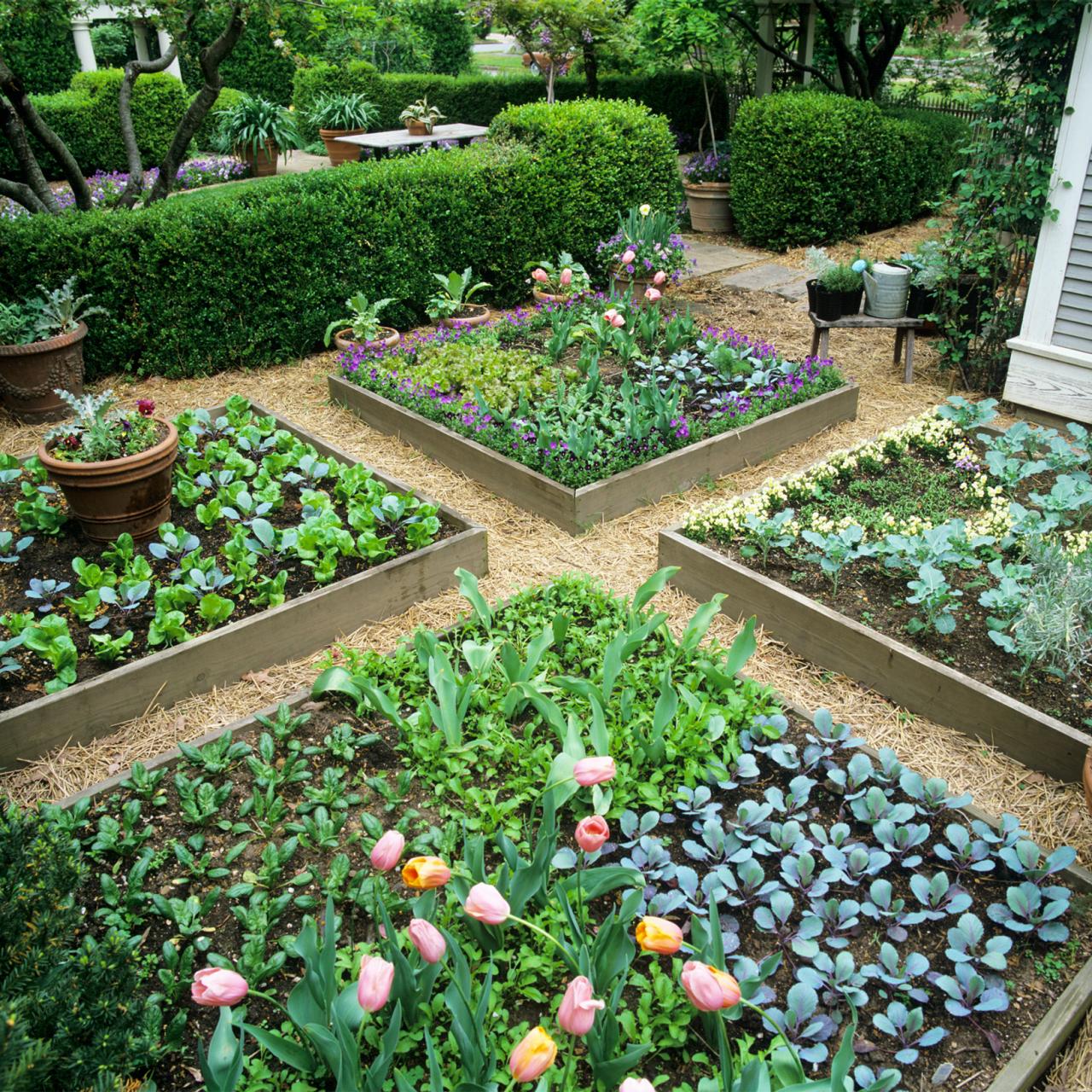Thrive right into a Pro: Home Gardening Tips for Beginners
Growing Eco-friendly Thumbs: a Newbie's Trip Into the Globe of Horticulture
Are you excited to obtain your hands filthy and begin expanding your own garden? You'll discover about picking the right plants, comprehending dirt and garden compost, and crucial gardening devices. We'll also show you watering and fertilizing techniques and just how to deal with usual garden pests. gardening kit for beginners.
Choosing the Right Plants
1. Initially, you require to evaluate your gardening room and determine the number of plants that will certainly fit conveniently. Because overcrowding can lead to stunted growth and condition, this step is important. Step the dimensions of your garden beds or pots and calculate the available room. Take into consideration the fully grown size of the plants you plan to expand. Some natural herbs and veggies need even more room than others, so it's crucial to do your study.
When you have a clear concept of your horticulture room, it's time to pick the appropriate plants. Certain plants thrive in full sun, while others choose partial color. This will certainly aid you select plants that are suited to your particular conditions.
If you're new to horticulture, choose for plants that are simple to grow and call for marginal maintenance. Choose plants that have a much shorter maturation period if you live in an area with a much shorter growing period.
Recognizing Soil and Compost
Dirt is the foundation of your garden, giving nutrients, water retention, and support for your plants. It is vital to have a great understanding of your soil kind, whether it is sandy, clayey, or loamy, as this will establish the types of plants that will certainly flourish in your garden. Remember, a healthy and balanced and fertile soil is the crucial to an effective garden, so take the time to comprehend your dirt and incorporate garden compost to guarantee your plants thrive.

Crucial Gardening Devices
A good pair of gardening gloves is a must-have to safeguard your hands from thorns, prickly plants, and dirt. A garden hose pipe or watering can is vital for keeping your plants moisturized. A strong set of trimming shears or secateurs is crucial for cutting and forming your plants.
Watering and Feeding Techniques
:max_bytes(150000):strip_icc()/102683249_preview-2000-be230cf7d0f7407587bf77003132f539.jpg)
Dealing With Common Yard Vermin
As a newbie garden enthusiast, you may come across typical garden insects that can create mayhem on your plants. These insects can range from insects like aphids, caterpillars, and beetles, to tiny pets like squirrels and rabbits. It's essential to be able to deal and recognize with these insects efficiently in order to safeguard your plants and make certain an effective garden.
Among the very first actions in handling yard pests is to routinely inspect your plants find more for any type of signs of invasion. Search for eaten leaves, openings in the foliage, or the visibility of small pests. If you find any kind of insects, it is necessary to take action immediately to avoid them from spreading and triggering more damage.
There are a number of techniques you can make use of to regulate yard insects. Furthermore, there are organic insect control sprays offered that can assist prevent and remove usual yard bugs.
Remember, avoidance is crucial when it pertains to handling yard pests. Maintaining your yard free and clean of particles can help in reducing the probability of an infestation. Frequently eliminating weeds and dead plants can additionally aid eliminate hiding areas for pests.

Verdict
By picking the right plants, understanding soil and garden compost, making use of important gardening devices, and understanding try these out watering and feeding techniques, you have set yourself up for success. Do not neglect to remain vigilant in dealing with typical garden bugs to guarantee your plants grow.
Dirt is the structure of your yard, providing nutrients, water retention, and support for your plants. It is vital to have an excellent understanding of your dirt kind, whether it is sandy, clayey, or fertile, as this will certainly determine the types of plants that will thrive in your garden. Remember, a fertile and healthy soil is the key to a successful garden, so take the time to understand your dirt and include garden compost to guarantee your plants grow.
As a newbie garden enthusiast, you may come across usual yard bugs that can create mayhem on your plants. It's essential to be able to deal and identify with these pests effectively in order to protect your plants and ensure an effective yard.